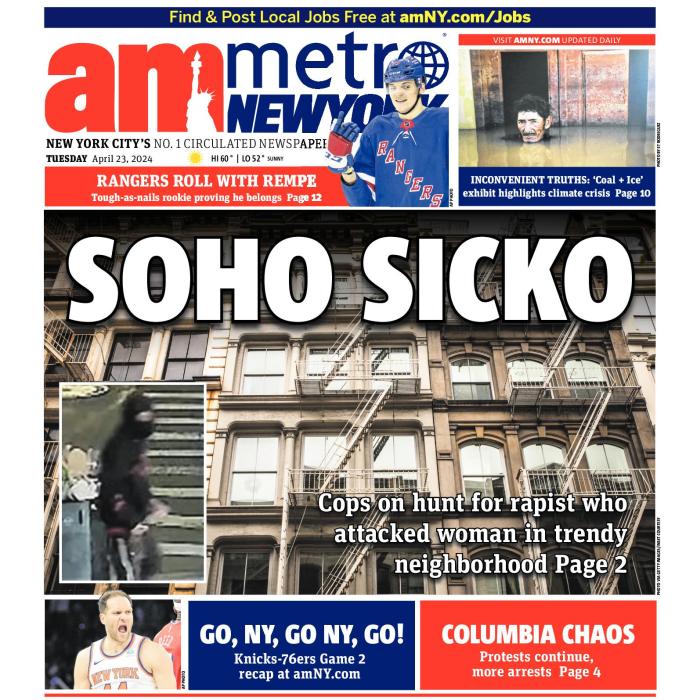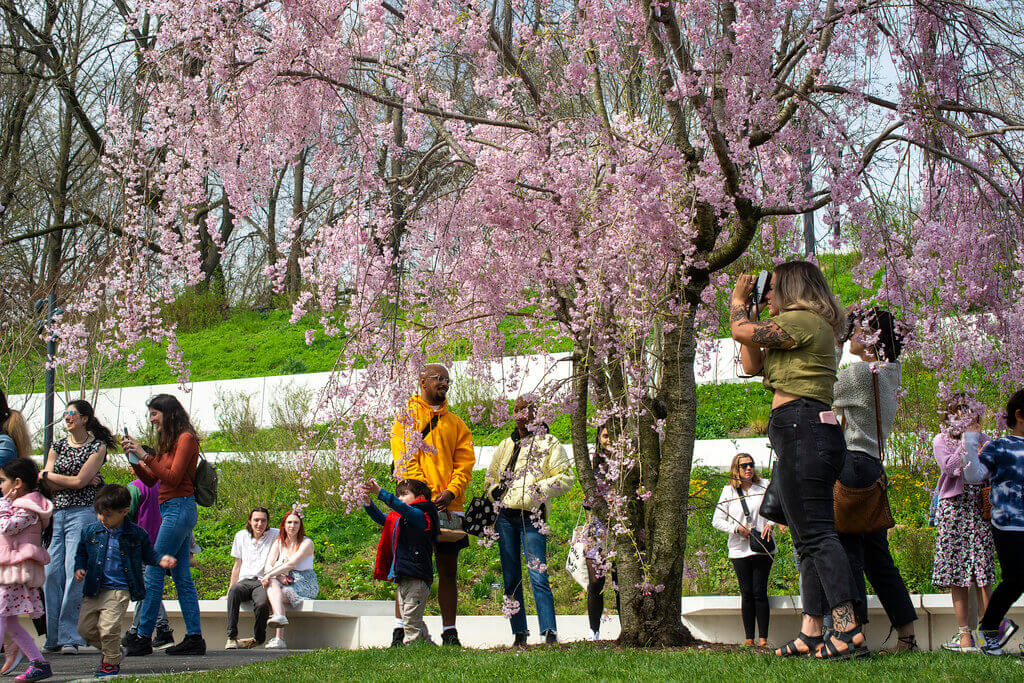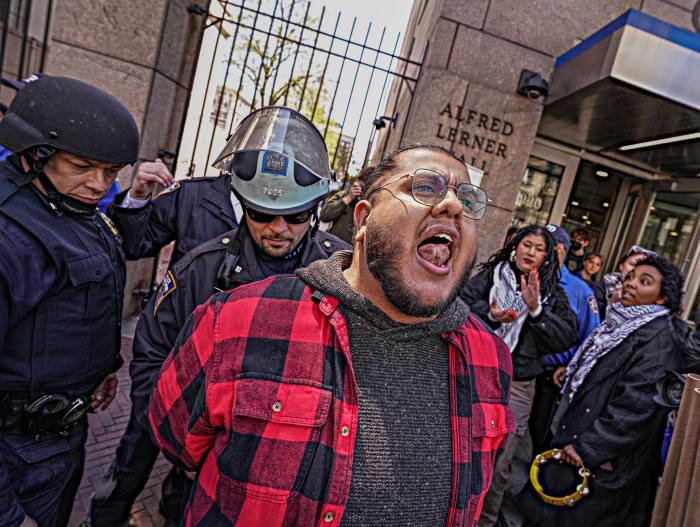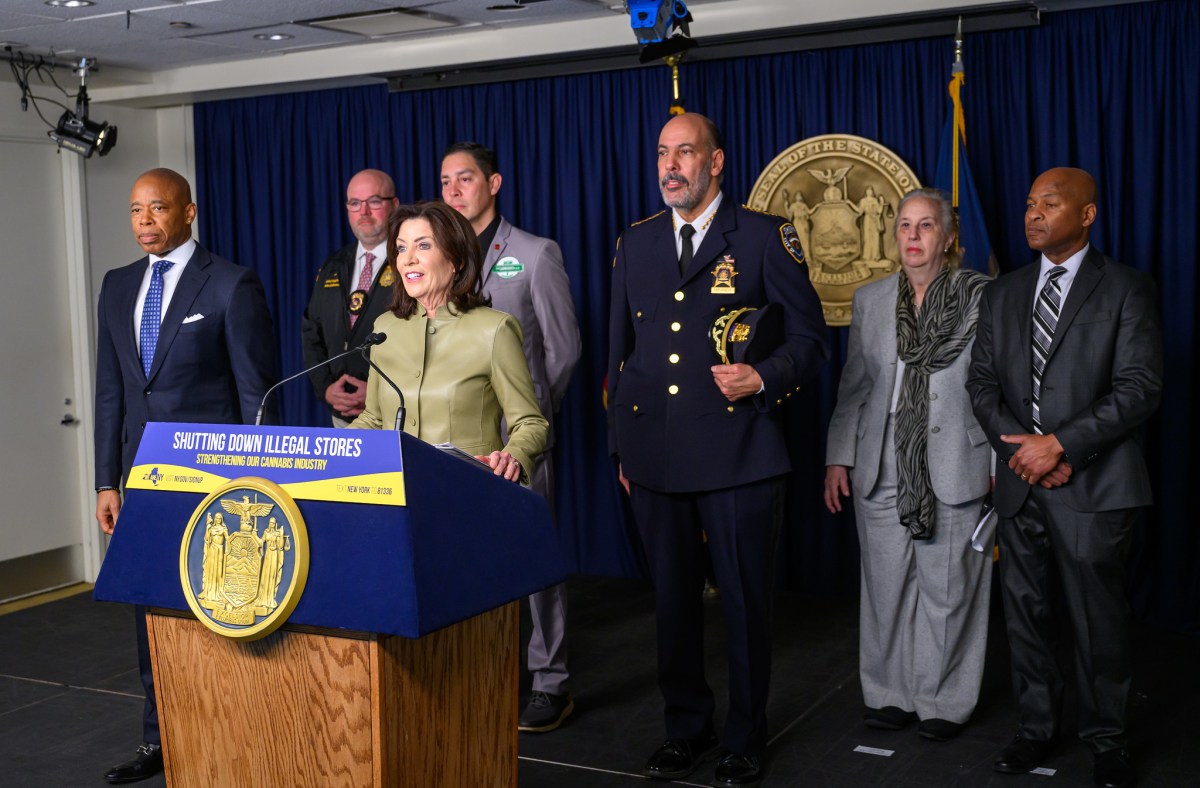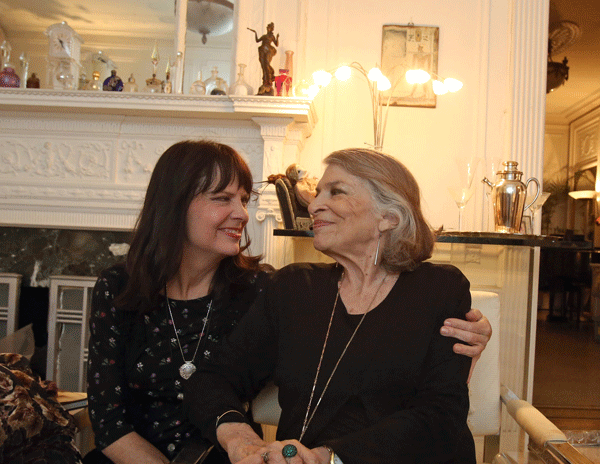
BY SAM SPOKONY | As many seniors struggle with fixed incomes and an affordable housing shortage, one service has long offered individuals a way to cut down on costs while also gaining valuable companionship.
The Home Sharing Program, a free service provided since 1981 by the nonprofit New York Foundation for Senior Citizens, allows adults in all five boroughs to either “host” a roommate — if they have the extra space — or become a “guest” in the home of a compatible match.
Since one, but not both, of the program’s matchmates must be 60 years or older, the service gives seniors the ability not only to pair with a roommate of similar age, but also the opportunity to live with a younger adult who can provide much-needed help with errands and household tasks.
“I’ve always felt really rewarded after the work we put in to start this program, because it’s really become the heart of our foundation,” said Linda Hoffman, president of N.Y.F.S.C., which was founded in 1968. “We just want to help as many people as possible.”
After initially being funded by a $30,000 grant from a New York state legislator, the program has expanded to become funded jointly by discretionary funding from state legislators, city councilmembers and borough presidents, as well as the state’s Office for the Aging and the city’s Department for the Aging.
Hoffman explained that there are currently 200 homes involved in the program citywide, with some of the matches having been together for the past 20 years or more. Hosts and guests are able to benefit by splitting the cost of rent, while also bonding through their time shared together.
“When we first started the program, people were kind of afraid because they weren’t sure about living with strangers,” she recalled. But concerns about roommate-related friction or unsafe conditions are allayed by N.Y.F.S.C.’s staff of trained social workers, who thoroughly screen all host and guest applicants.
In addition, N.Y.F.S.C. uses its own “QUICK-MATCH” database, which uses a computer algorithm that is, in fact, not unlike those used for online dating sites. Applicants are asked to answer 31 questions about “lifestyle objectives” — such as their like or dislike of pets or frequent visitors — and are matched based on their compatibility as shown through those choices.
Then, before moving in, potential roommates become acquainted through “match meetings” scheduled and staffed by N.Y.F.S.C. social workers. Finally, both host and guest are required to sign a written agreement to allow the pair to feel confident and secure in their new living arrangement.
As well as linking up seniors or younger people coming from their own homes, the program now also helps to place adults living at N.Y.F.S.C.’s transitional homeless shelter — located in the East Village — into new shared residences, Hoffman said.
Another aspect of the program also allows prospective hosts, aged 55 and older, to share their home with a developmentally disabled adult who is capable of independent living.
Hoffman said that, in terms of the program’s future expansion, she hopes one day to be able to give whole families the opportunity to enter a home-sharing arrangement. In particular, she explained that she’s been in talks with the Mayor’s Office about the possibility of setting up a pilot project that would help to give new homes to families displaced after the recent building explosion and collapse in East Harlem.
To learn more about the Home Sharing Program, call 212-962-7559.
N.Y.F.S.C. also offers a number of other programs that provide valuable services to seniors in need of additional help with their daily lives.
The Respite Care Program offers short-term home care by certified attendants at affordable rates — $8 per hour — for frail, elderly residents when their regular caregivers need time off, or when they require temporary aid following hospitalization. Potential applicants can also learn more about this program by calling 212-962-7559.
The Enriched Housing Program provides apartment-based living and supportive services — in seven locations throughout Manhattan, Brooklyn and Queens — for those aged 65 and over who can no longer function independently. The program provides one hot meal daily, assistance with other meals, shopping, housekeeping, laundry, medications and personal care to enable residents to continue living on their own. Potential applicants can learn more about this program by calling 212-369-5523.
The Home Repair And Safety Audit Program offers free minor home maintenance and repair services for low- to moderate-income homeowners aged 60 and over. Services include carpentry, plumbing, masonry, electrical, caulking and home safety checks, as well as helping seniors identify and correct home safety hazards. To learn more about this program, call 212-962-7559.
Project Cart provides free van services — from Lower Manhattan to as far as E. 96th St. and W. 110th St. — for seniors aged 60 and over who have difficulty using public transportation. CART’s five vans, equipped with wheelchair lifts, can take seniors to and from medical appointments, hospitals and senior center activities. This service requires reservations in advance, which can be scheduled by calling 212-956-0855.
